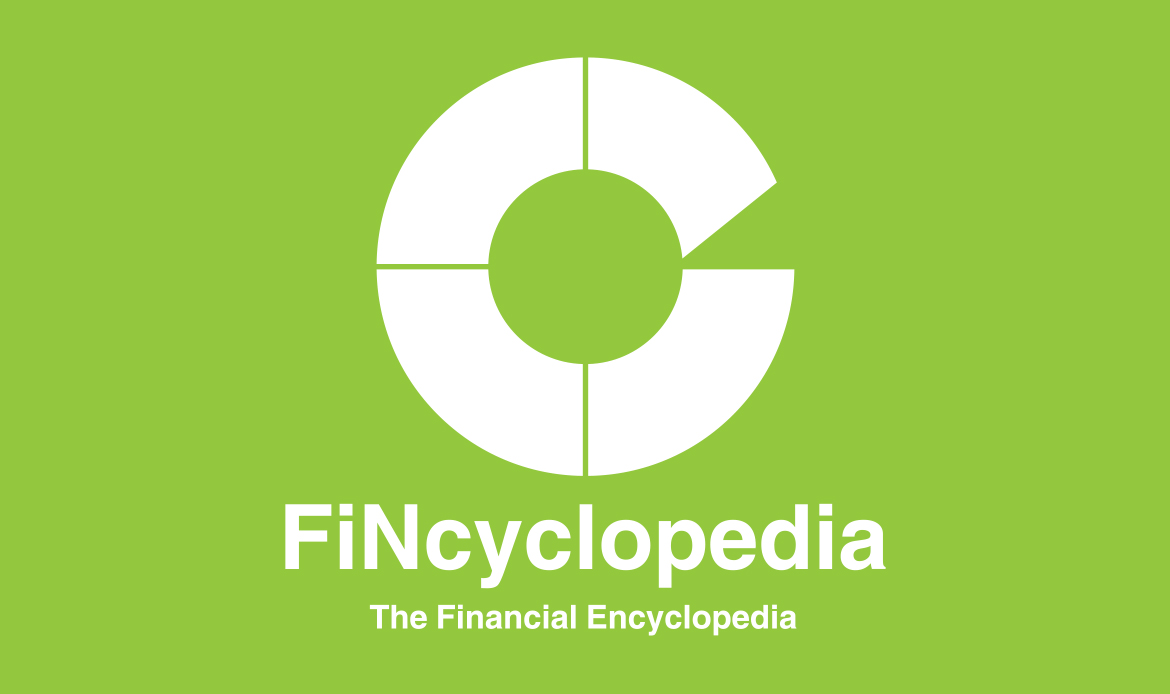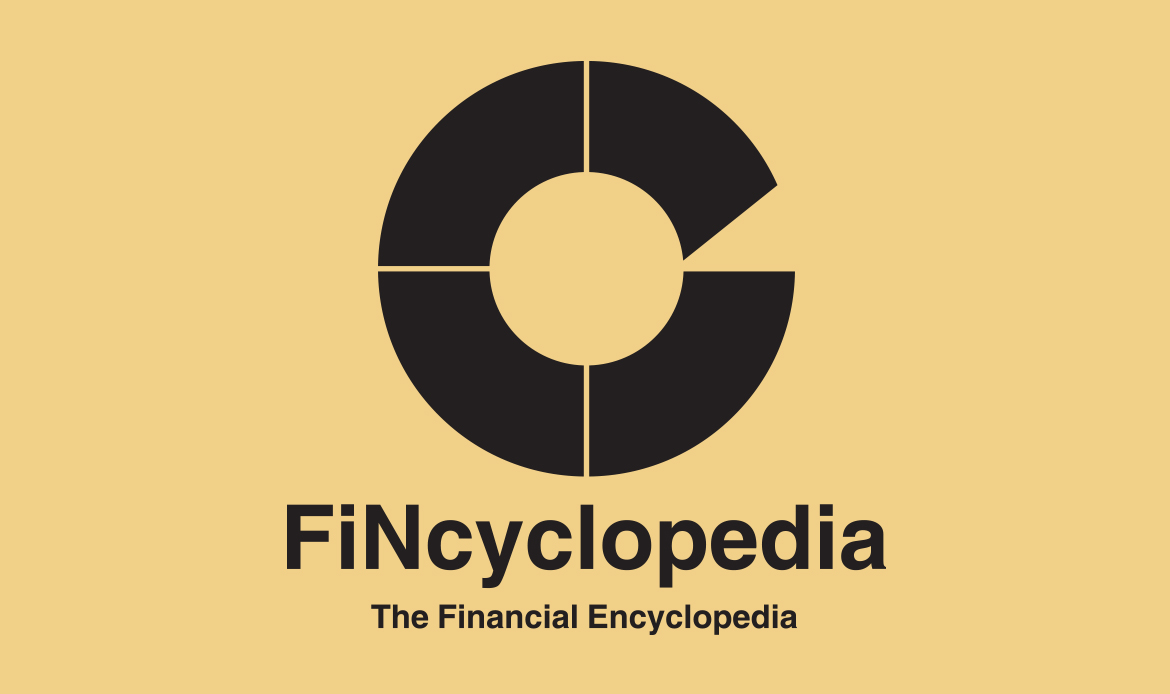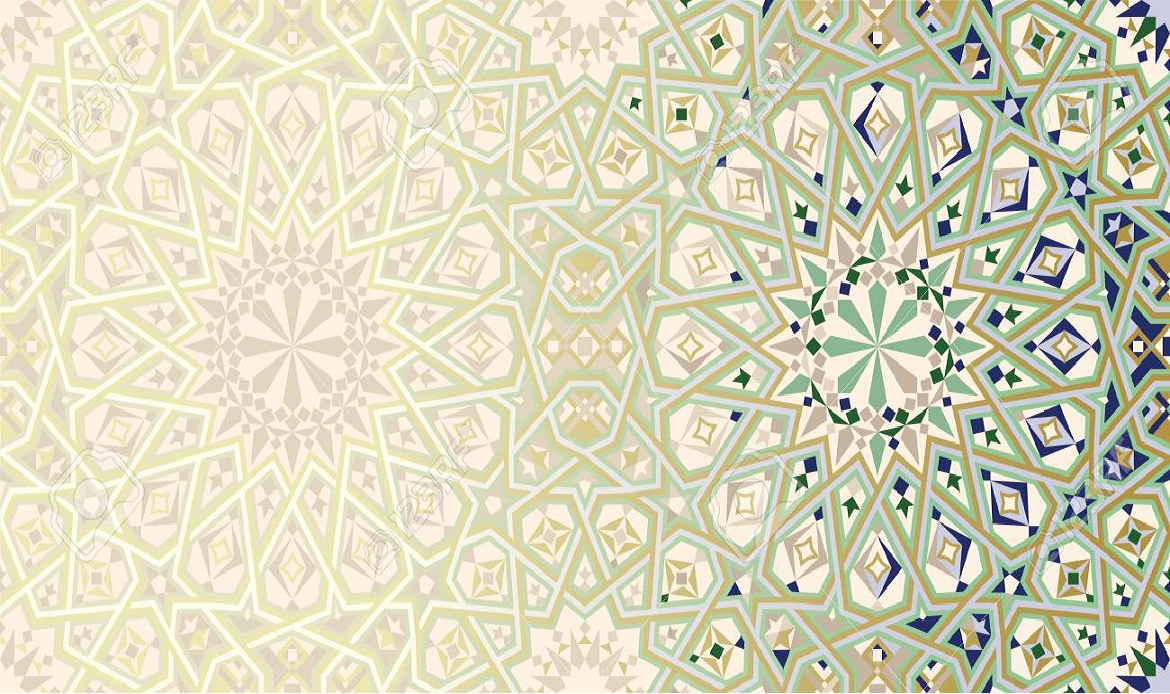Also ba’i al-salam. In Islamic finance, it refers to a type of sale in which payment for future-delivery goods is made in advance at the time of contract. The seller (al-muslam ilihi) undertakes to supply prespecified goods or commodities (known as al-muslam fihi) to the buyer (al-muslim) at a future date in exchange for an advance price fully paid at the date the contract is entered into.
Ba’i al-salam involves the sale of a yet non-existent underlying good or commodity against a price paid outright. In principle, such a transaction is prohibited by shari’a due to the non-existence or unavailability of the underlying physical commodity. However, ba’i al-salam is an exception on the condition that the commodity (in terms of quality, type, grade, etc) is unambiguously defined and the date of delivery is clearly predetermined and agreed upon. The underlying commodity of a ba’i al-salam can almost be any object which is able to be definitely described and determined without ambiguity that may lead to dispute between the two counterparties. But some items or objects such as gold, silver or currencies cannot underlie a salam contract because they basically constitute a mean of exchange, not commodities per se (actually they are subject to the rules of ba’i al-sarf).
Ba’i al-salam or ba’i al-salaf (بيع السلف) is an Arabic term that translates as an advance payment sale, where ba’i stands for sale, and al-salam or al-salaf means advance payment.





